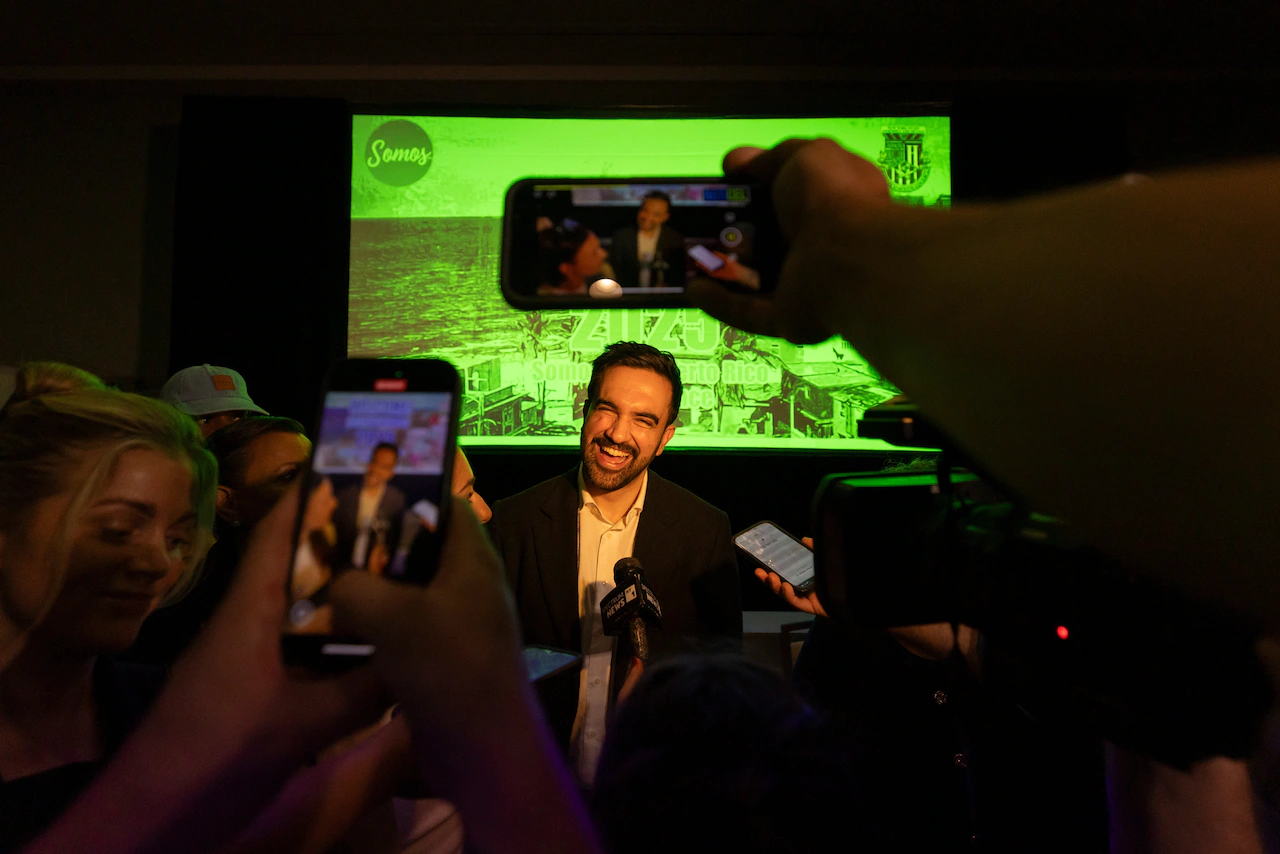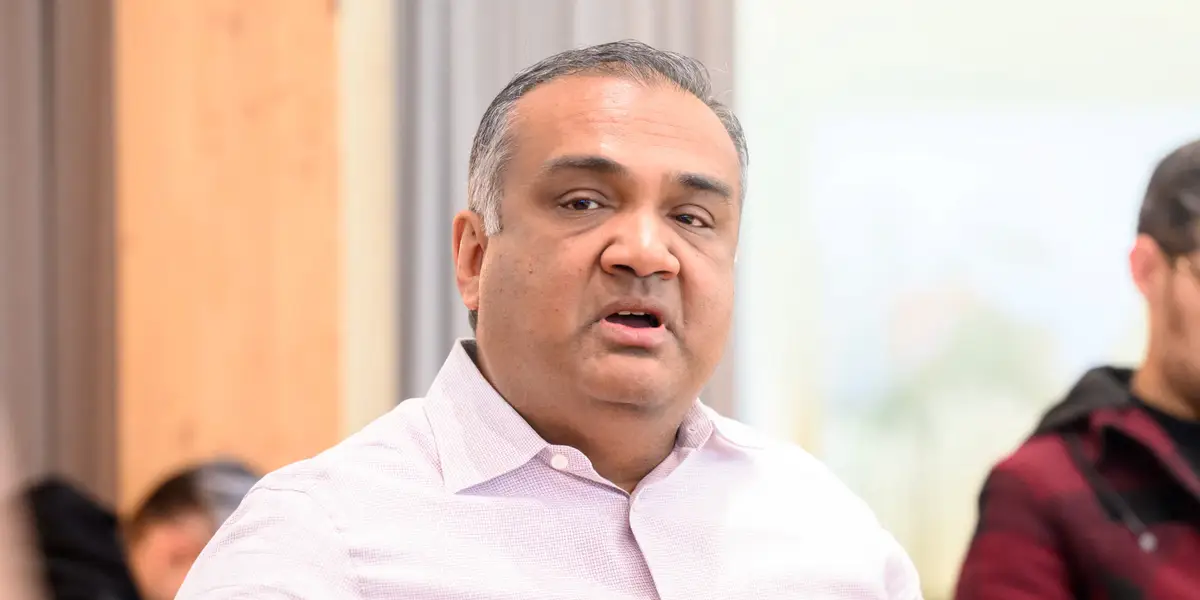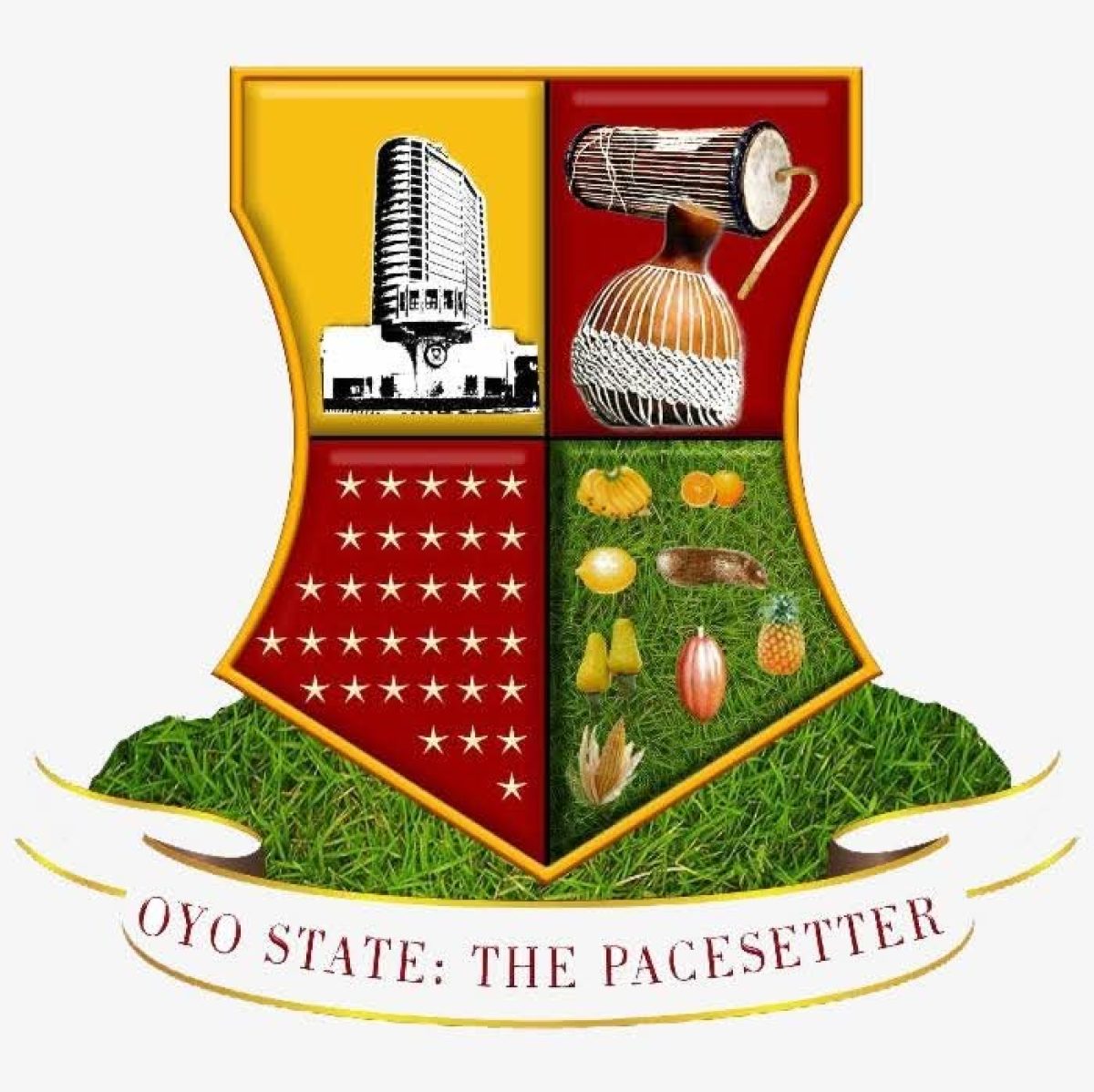Copyright Staten Island Advance

Zohran Mamdani’s election as mayor of New York City has stunned the Democratic establishment. Many party leaders seem bewildered that a self-described socialist could triumph in the nation’s financial capital. But his victory isn’t mysterious, it’s another expression of the same populist revolt that fueled Donald Trump’s rise nearly a decade ago. At first glance, Mamdani and Trump could not be more different. One calls for taxing corporations and expanding public services; the other built his brand on tax cuts and deregulation. Yet both men owe their success to a deeper reality: Millions of Americans no longer believe the economic system works for them. When people feel locked out of prosperity and ignored by political elites, they turn to whoever promises to upend the status quo. Trump’s voters in the Rust Belt and Mamdani’s supporters in New York City share a similar grievance, economic insecurity. Factory closures and outsourcing devastated industrial workers just as rising rents and stagnant wages now squeeze urban professionals and service workers. Both constituencies believe, with good reason, that government and business leaders have become indifferent to their struggles. This discontent has been building for decades. Since the 1970s, real wages have stagnated, housing and healthcare costs have exploded, and wealth has concentrated in fewer hands. Policymakers in both parties treated these trends as inevitable, relying on cheap credit and asset bubbles to sustain the illusion of growth. The result is a bifurcated economy, prosperity for the few, precarity for the many. Populism is the predictable response. Trump exploited it from the right, attacking elites, trade deals, and immigrants. Mamdani channels it from the left, condemning landlords, corporations, and privatization. Both frame themselves as insurgents against entrenched interests, and both have mastered new media to reach disaffected voters, Trump with Twitter, Mamdani with TikTok. The ideological content differs, but the political method is the same: Bypass the establishment, name the villains, and promise to fight for the forgotten. American history is full of similar moments. Andrew Jackson’s war on the national bank, William Jennings Bryan’s free silver crusade, and Huey Long’s “Share Our Wealth” movement all arose when rapid economic change left ordinary people behind. Populism emerges when established institutions fail to manage capitalism’s excesses. The Democratic Party should recognize that Mamdani’s victory is less about ideology than frustration. His slogan, “Life is too expensive, and it doesn’t have to be,” resonated because it addressed an immediate reality. Dismissing such appeals as naïve would be a serious mistake. That’s the same error Republican elites made with Trump. Until the political mainstream can deliver tangible improvements in living standards, affordable housing, stable jobs, and a sense of fairness, populism will continue to thrive. Trumpism and Mamdanism are not opposites; they are mirror images of the same structural failure. If history is any guide, ignoring that fact will only invite more upheaval. (Dr. Joseph Frusci is a Great Kills resident.)



